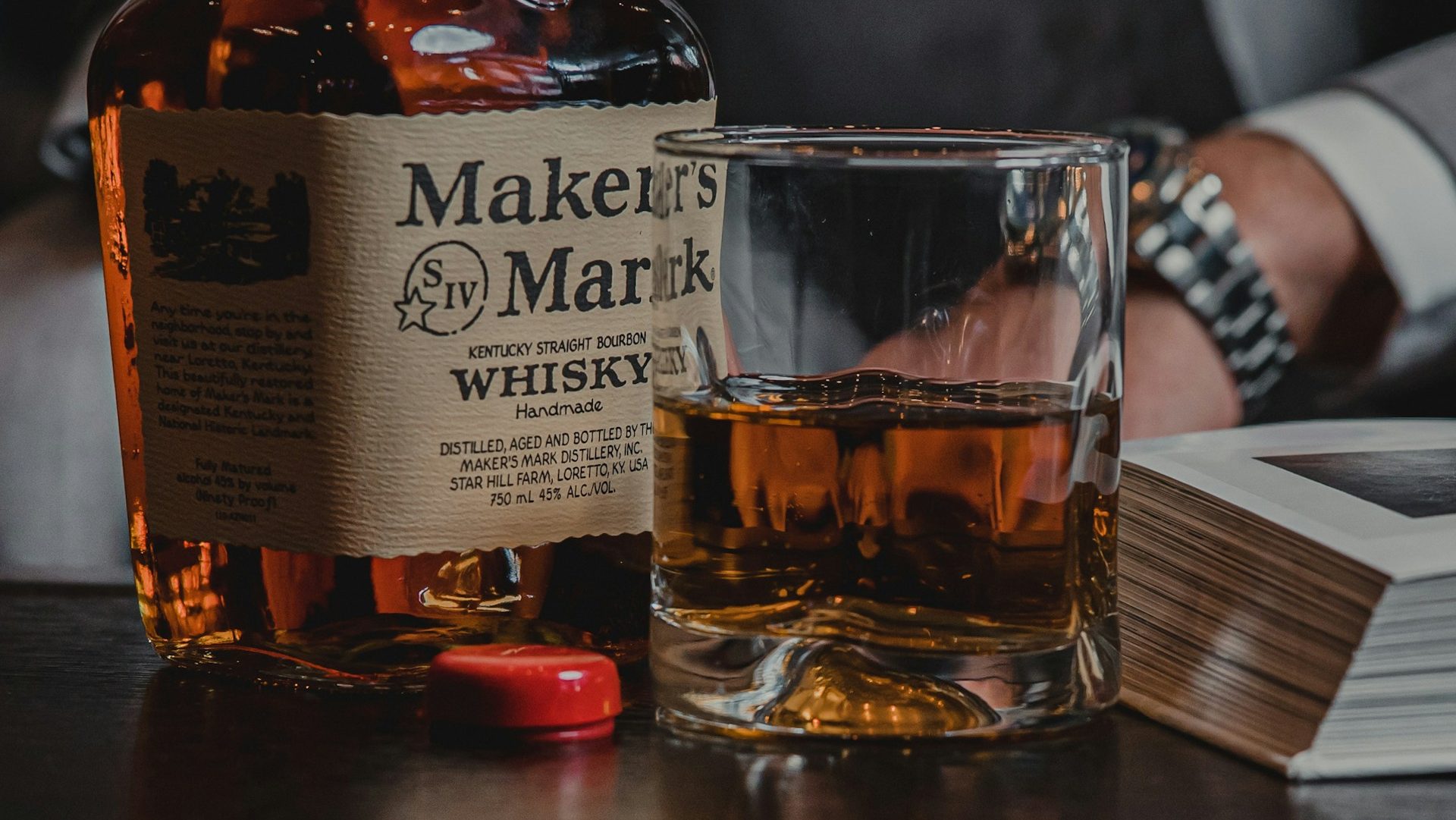Is Whisky Gluten Free? Addressing Your Ceoliac Concerns
As you may well know, living with coeliac disease means rigorously avoiding gluten to prevent serious health repercussions.
For those keen on enjoying social activities, where alcohol often plays a substantial role, navigating the landscape of gluten-containing beverages is crucial. While beer is notably off-limits due to its barley content, the safety of spirits like whisky remains a subject of debate.
Many wonder whether whisky, distilled from grains such as barley, wheat, or rye, poses a risk to ceoliacs. This blog post aims to untangle the complexities and provide clear guidance on whether whisky can find a place in a gluten-free lifestyle.
Let’s dive in.
Does Whisky Contain Gluten?
The short answer is no, whisky does not contain gluten.
Gluten is a protein found in certain cereals, including barley, wheat and rye. The gluten within these grains is extracted and developed during the mashing phase of whisky production where the milled grain/s are mixed with hot water and agitated to extract their fermentable sugars.
The gluten even remains present during fermentation where the wort is fed-upon by yeast, converting the sugary liquid into beer.
It’s only until the distillation process that the gluten proteins are separated from the liquid, making most distilled spirits safe for those with ceoliac disease or gluten sensitivity.
However, there are some caveats to consider when it comes to whisky and gluten.
Possible Gluten Risks in Whisky

While whisky itself may not contain gluten, there is a risk of cross-contamination during the production process. For example, if a distillery also produces beers or other malt-based products, there is a possibility that trace amounts of gluten could end up in the whisky.
Furthermore, beer casks used to mature whisky are highly likely to contain traces of gluten. This is due to the absorption of beer into the cask’s wooden staves which are then later exposed to whisky as a ‘second fill’.
To avoid the risk of cross contamination, it’s best to steer clear of distilleries that use beer casks or additionally produce beer on site.
Can Ceoliacs Drink Whisky?
Despite cereal grains containing gluten, this protein is completely removed from whisky during the distillation process. Therefore, yes, ceoliacs can indeed whisky. However, as mentioned above, there are potential risks of cross-contamination with beer-aged whiskies that should be considered.
Furthermore, it’s important to note that some flavoured whiskies may contain additional ingredients that could potentially contain gluten. It’s always best to check the label or contact the manufacturer directly for more information.
If you’re concerned about gluten in your whisky (or any food or beverage), a great resource is Ceoliac UK.
What Alcohol Has the Least Gluten?
The alcohol with the least gluten is typically distilled spirits such as vodka, gin, rum, and tequila, as the distillation process removes most of the gluten proteins, making them generally safe for people with gluten sensitivity or coeliac disease.
Among these, vodka is often recommended, especially if it is made from gluten-free ingredients like potatoes, corn, or grapes. However, individuals with extreme sensitivity should look for brands that explicitly label their products as gluten-free to avoid cross-contamination.
It’s important to note that while distilled spirits are usually safe, flavoured versions may contain gluten additives, so checking labels is crucial
What Alcohol Is Best for Ceoliac Disease?

For individuals with coeliac disease, the best alcohol choices are distilled spirits made from gluten-free ingredients, such as vodka, rum, tequila, and gin. These spirits undergo a distillation process that removes most gluten proteins, making them generally safe for consumption.
Additionally, naturally gluten-free beverages like wine and pure hard ciders are good options. It is important to choose products labelled as gluten-free to avoid cross-contamination, and to avoid flavoured spirits or premixed drinks unless verified to be gluten-free.
Always check labels and consult with manufacturers if you’re uncertain.
What Whisky Is 100% Gluten-Free?
All distilled spirits, including whisky, are technically gluten-free due to the distillation process, which removes gluten proteins. However, some individuals with gluten sensitivities or coeliac disease may still experience reactions to certain whiskies due to potential cross-contamination during production or added ingredients.
To ensure a whisky is 100% gluten-free, it’s advisable to choose brands that explicitly state they are gluten-free or are made from gluten-free grains such as corn, rice, or sorghum.
What Whiskeys Are Not Gluten-Free?
Most whiskies are inherently gluten-free due to the distillation process, which removes gluten proteins. However, certain flavoured or infused whiskies, as well as those aged in barrels that previously contained products with gluten, may contain trace amounts of gluten.
Additionally, whiskies produced using grains containing gluten, such as barley, rye, or wheat, can pose a risk for individuals with gluten sensitivities or coeliac disease.
It’s essential for those individuals to exercise caution and thoroughly research specific brands and production processes to avoid potential exposure to gluten.
Reading labels and contacting distilleries for information on ingredients and production methods can help ensure safe consumption for those with gluten sensitivities.
Which Scotch Whisky Is Gluten-Free?

Scotch whisky, being primarily distilled from malted barley, typically contains gluten unless specifically labelled otherwise. However, there are a few exceptions.
For instance, some distilleries offer expressions made from gluten-free grains such as corn, rice, or millet. Examples include “Glen Moray Classic Peated Single Malt,” which is made from malted barley but is certified gluten-free by Coeliac UK due to the distillation process, and “Glenturret,” which offers a gluten-free expression.
It’s crucial for individuals with gluten sensitivities or coeliac disease to verify labels and consult with distilleries for detailed information on ingredients and production methods to ensure safe consumption.
Conclusion
In summary, while the distillation process of whisky removes gluten, making it generally safe for those with ceoliac disease, there are still potential risks of cross-contamination, particularly from distilleries that also produce beer or use beer casks for ageing.
Ceoliacs should exercise caution with beer-aged whiskies and always check labels or contact manufacturers to confirm the gluten-free status. It’s advisable to avoid whisky from distilleries with high risks of gluten contamination to ensure safety.



